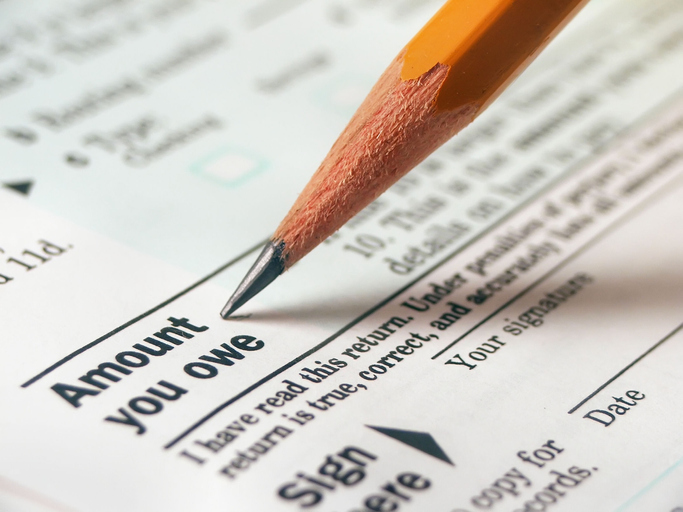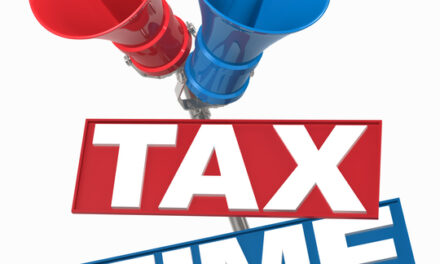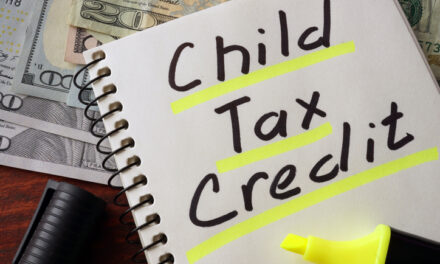You file your taxes like you are supposed to, on time, responsibly, and then find out you owe several hundred–or even thousand–of dollars to the government. You pay taxes off your paycheck during the year, so what’s going on? Why do you owe even more taxes? And how can you make sure you don’t owe money next year? These are common questions during tax season, and we are here to help you understand why you owe more money than you think you do and how you can make different choices to have a different outcome in the future.
1. You Didn’t Withhold Enough From Your Paycheck
When you fill out your W-2 form for your employer, you get to decide how much you want withheld from your paycheck based on your dependents. This is money that gets paid in income taxes. If you withhold the maximum amount, you may be overpaying and will receive this money back in your tax refund. However, if you withhold too little, you may not be paying enough in income tax and will owe the IRS money come tax season.
Financial planners and tax experts will tell you that it’s better to owe more in taxes than to let the government hold on to your money all year, but the truth is, that’s an individual decision you have to make. Some people can handle paying that extra amount in one lump sum at the end, while others prefer to use the government almost like a savings account and get that nice refund in April. It’s often best to try and get your balance as close to zero as possible, but that can be difficult to do as it requires making some estimations. A good accountant can help you navigate this area in the way that makes the most sense for you.
2. You Owe Taxes on Extra Income You Didn’t Account For
You may have some extra income outside of your day job. If you freelance on the side, money is not automatically taken out of your paycheck for taxes. Similarly, if you sell stock or receive unemployment payments, you will have to pay taxes on this incoming money.
3. You Lost Eligibility For the Child Tax Credit
For the 2021 year in particular, some families received the Child Tax Credit based on their 2020 income; if your income increased in 2021, you may have reduced or even entirely lost your eligibility for receiving these pre-payments. This means you may suddenly find you owe this money back to the IRS.
At DeSantis, Kiefer, Shall, & Sarcone, our experts can help you navigate your taxes and plan for the following year so that you don’t find yourself owing taxes after filing. No matter what your financial situation, we will help you manage your finances in a way that fits your needs and goals.



![How You Can Benefit From the Section 179 Deduction Tax Benefit [2019]](https://dkscpa.com/wp-content/uploads/2019/12/Desantis-tax-deduction-440x264.jpg)


